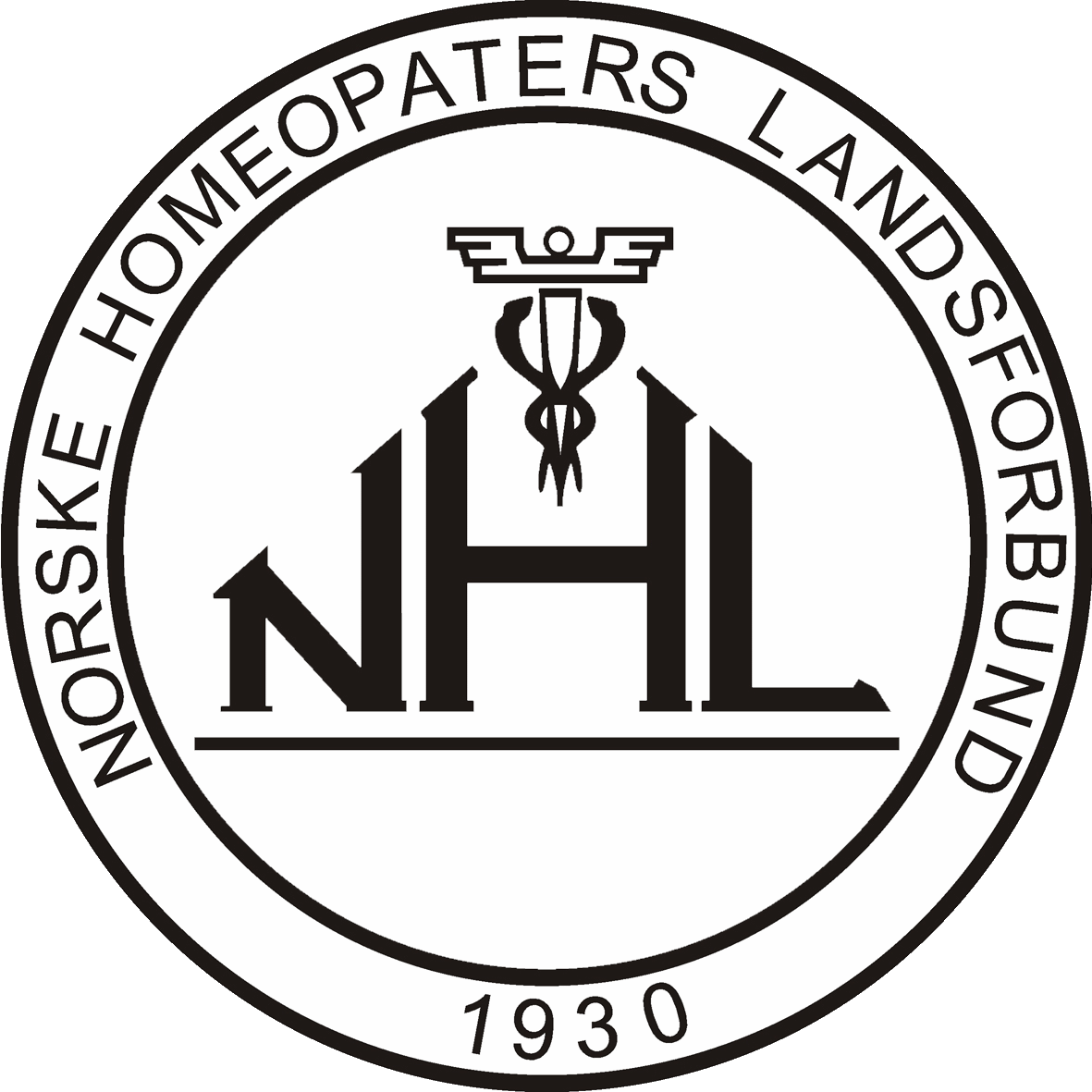Sleep well with homeopathy
Sleep disorders are a major public health concern. Conventional sleeping pills may be effective, but can also have associated side effects. Newly published research shows that homeopathy can help in sleep disorders, without the risk of side-effects.
Major public health problem
Sleep disorders affect between 6 and 40 percent of the population1-3, and are also commonly seen in children and adolescents4-5. Chronic insomnia can have serious health-related, social and economic consequences, resulting in emotional distress, fatigue and reduced productivity6. Conventional drugs for sleep disorders are frequently used, but may cause a number of side- effects, including insomnia itself7.
Research: Homeopathy can help you sleep better
In a newly published trial, researchers found significant improvement of primary insomnia in participants who took homeopathic medicines8. Homeopathy patients slept about 1 to 1.4 hours longer per night over the following four weeks. No such improvements were seen in those who were given ineffective placebo pills. The study, which included 30 participants, was randomized and double-blinded. This survey confirms results from previous trials which have shown positive effects of homeopathy for sleep disorders9-14. Sleep disorders are one of the complaints most commonly treated by homeopaths15. Homeopathy is a safe treatment and homeopathic medicines are known to be free of serious side-effects16.
Improved sleep in menopause, fibromyalgia and ADHD
Homeopathy can also be of help to patients who suffer from other complaints which affect their sleep. Examples are problems during or after menopause9-10, fibromyalgia11 and attention deficit hyperactivity disorder (ADHD)12. In a survey of 438 women suffering from menopausal problems, their hot flushes as well as their sleep improved considerably after homeopathic treatment9. Menopausal symptoms disappeared or were reduced in 90 percent, most of them within the first two weeks after treatment started.
Changed sleep in animals
Researchers have also found that homeopathic medicines affect sleeping patterns in mice and rats17-18. Together with randomized placebo-controlled studies in human beings, these animal studies negate the argument that homeopathy may work solely due to a placebo effect.
For safe and effective homeopathic treatment, patients should make sure that the practitioner they consult is a registered member of an ECCH or ICH Member Association. For information, please refer to www.homeopathy-ecch.eu and outside Europe www.homeopathy-ich.org
References
1. Ancoli Isreal S, Roth T. Characteristics of insomnia in the United States: results of the 1991 National Sleep Foundation Survey. Sleep 1999; 22(2): 347.
2. Hossain JL, Shapiro CM. The prevalence, cost implications, and management of sleep disorders: an overview. Sleep Breath 2002, 6(2): 85-102.
3. Ohayon MM. Prevalence et comorbidite des troubles du sommeil dans la population generale. [Prevalence and comorbidity of sleep disorders in general population]. Rev Prat. 57(14):1521-8, 2007 Sep 30.
4. Garcia-Jimenez MA, Salcedo-Aguilar F, Rodriguez-Almonacid FM, Redondo-Martinez MP, Monterde-Aznar ML, Marcos-Navarro AI, Torrijos-Martinez MP. Prevalencia de los trastornos del sueno en adolescentes de Cuenca, Espana. [The prevalence of sleep disorders among adolescents in Cuenca, Spain]. Rev Neurol 2004, 39(1): 18-24.
5. Liu X. Ma Y. Wang Y. Jiang Q. Rao X. Lu X. Teng H. Brief report: An epidemiologic survey of the prevalence of sleep disorders among children 2 to 12 years old in Beijing, China. Pediatrics 2005, 115(1 Suppl): 266-8.
6. Morin CM. Insomnia – psychological assessment and management. New York: The Guilford Press, 1993.
7. Roth T, Roehrs T, Costa e Silva JA, Chase MH. Public health and insomnia: consensus statement regarding its status and needs for future actions. Sleep 1999, 22(3): S419.
8. Naudé DF, Couchman IMS, Maharaj A. Chronic primary insomnia: Efficacy of homeopathic simillimum. Homeopathy 2010, 99: 63-68.
9. Bordet MF, Colas A, Marijnen P, Masson JL, Trichard M. Treating hot flushes in menopausal women with homeopathic treatment – Results of an observational study. Homeopathy 2008, 97: 10-15.
10. Pellow J. Homoeopathic simillimum treatment of secondary insomnia in peri- and postmenopausal women. Johannesburg: Technikon Witwatersrand, 2002.
11. Fisher P, Greenwood A, Huskisson EC et al. Effect of homoeopathic treatment on fibrositis (primary fibromyalgia). British Medical Journal 1989, 299: 365–366.
12. Strauss LC. The efficacy of a homeopathic preparation in the management of attention deficit hyperactivity disorder. Source Biomed Ther 2000, 18(2):197-201.
13. Roohani J. The effect of Avena sativa comp_, a homoeopathic remedy on subjective sleeping ability and sleep quality in sufferers of secondary insomnia. Johannesburg: Technikon Witwatersrand, 1997.
14. Steinsbekk A, Lüdtke R. Patients’ assessments of the effectiveness of homeopathic care in Norway: A prospective observational multicentre outcome study. Homeopathy 2005, 94: 10-16.
15. Witt CM, Lüdtke R, Mengler N, Willich SN. How healthy are chronically ill patients after eight years of homeopathic treatment? Results from a long term observational study. BMC Public Health 2008, 8: 413. doi:10.1186/1471-2458-8-413
16. European Central Council of Homeopaths (ECCH). The Safety of Homeopathy. An ECCH Report. January 2009. Last time downloaded on 28.03.10 from http://www.homeopathy-ecch.org/images/stories/pdf/the%20safety%20of%20homeopathy%202009.pdf
17. Ruiz-Vega G, Pérez-Ordaz L, León-Huéramo O, Cruz-Vázquez E, Sánchez-Diaz N. Comparative effect of Coffea cruda potencies on rats. Homeopathy 2002, 91: 80-84.
18. Sukul A, Sinhabau SP, Sukul NC. Reduction of alcohol induced sleep time in albino mice by potentized Nux vomica prepared with 90% ethanol. Br Hom Journ 1999, 88: 58-61.
<em>Foto: FreeDigitalPhotos.net/<a style=’text-decoration: underline;color: #0066cc;’
103″]

